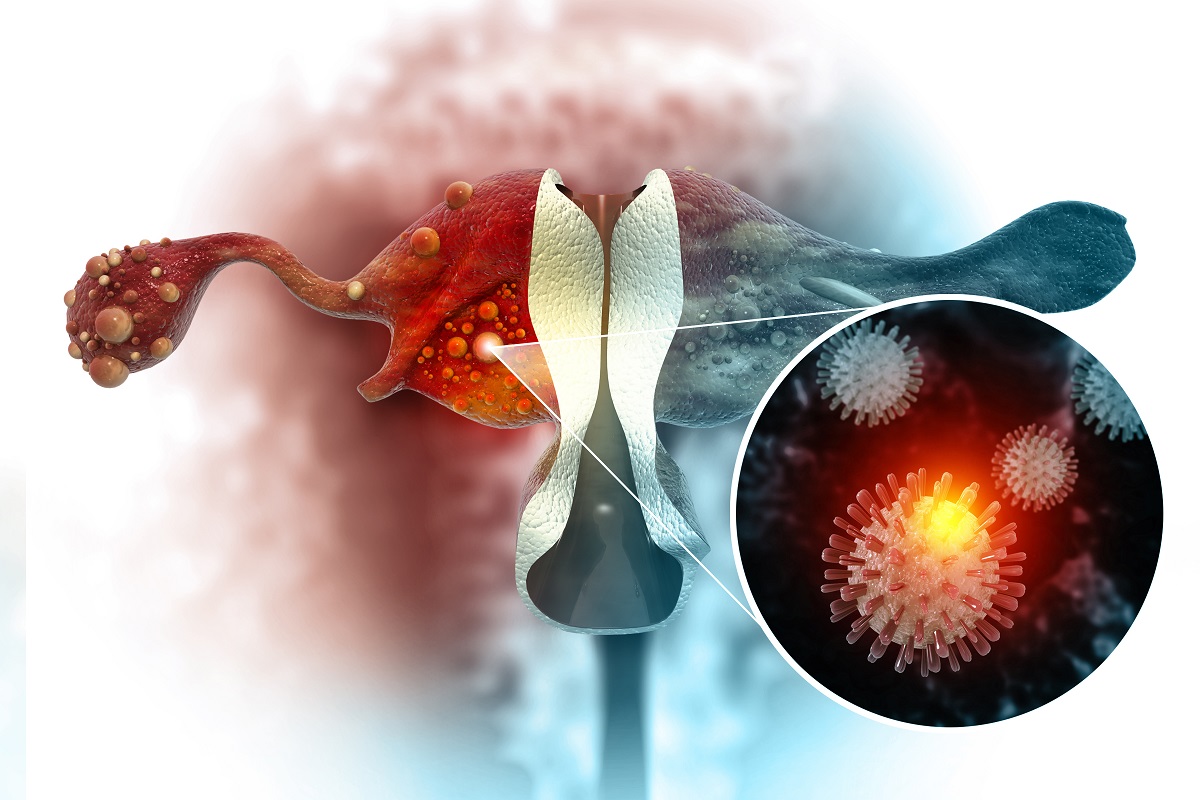KEY TAKEAWAYS
- The study aimed to investigate the association between antipsychotic use and the risk of developing gynecological cancers.
- The primary binary endpoint was to determine CI.
- Researchers noticed an increased risk of gynecological cancers with antipsychotic use, highlighting the need for careful prescribing.
Female gynecological cancers represent a serious public health problem, with 1,398,601 new diagnoses and 671,875 deaths per year worldwide. Antipsychotics are often used in psychiatric disorders, including schizophrenia, bipolar disorder, and major depression. It is estimated that the prescription of these drugs is linked to 1,800 deaths a year in the United States, but their association with cancer remains controversial.
Francisco Cezar Aquino de Moraes and the team aimed to assess the incidence risk of gynecological cancer in patients using antipsychotic drugs through a meta-analysis of 50,402 patients.
They performed an inclusive analysis by searching PubMed, Scopus, and Web of Science databases for studies reporting the correlation in the incidence risk of gynecological cancer by antipsychotic use. DerSimonian and Laird random-effect models were used to compute logit transformed odds ratio (OR) for the primary binary endpoint with a 95% confidence interval (CI).
Heterogeneity was assessed through effect size width along with I-squared and Tau-squared statistics. Review Manager 5.4.1 was used for statistical analyses. A P< 0.05 denoted statistical significance.
About 50,402 patients were included, of whom 778 (1.54%) took antipsychotic medication for at least 1 year. There were 1,086 (2.15%) patients with ovarian cancer and 49,316 (97.85%) with endometrial cancer. Antipsychotic use (OR 1.50; 95% CI 1.06 to 2.13; P-value 0.02), hypertension (OR 1.50; 95% CI 1.06 to 2.13; P< 0.01), nulliparity (OR 1.98; 95% CI 1.53 to 2.57; P< 0.01), and multiparity (OR 0.53; 95% CI 0.41 to 0.69; P< 0.01) showed significantly different distributions between groups of cancer and cancer-free patients.
The primary endpoint of incidence risk of gynecological cancer by antipsychotic therapy showed a statistically significant difference (OR 1.67; 95% CI 1.02 to 2.73; P< 0.05) against the use of antipsychotic drugs.
The study concluded that the use of antipsychotic drugs increases the risk of gynecological cancers, particularly endometrial cancer. This result should be weighed against the potential effects of treatment for a balanced prescribing decision.
The study was funded by the Conselho Nacional de Desenvolvimento Científico e Tecnológico (CNPq), the Coordenação de Aperfeiçoamento de Pessoal de Nível Superior (CAPES), the Pró-Reitoria de Pesquisa e Pós-Graduação da UFPA (PROPESP).
Source: https://pubmed.ncbi.nlm.nih.gov/38858638/
de Moraes FCA, Sudo RYU, Souza MEC, et al. (2024). “The incidence risk of gynecological cancer by antipsychotic use: a meta-analysis of 50,402 patients.” BMC Cancer. 2024 Jun 10;24(1):712. doi: 10.1186/s12885-024-12481-6. PMID: 38858638.



